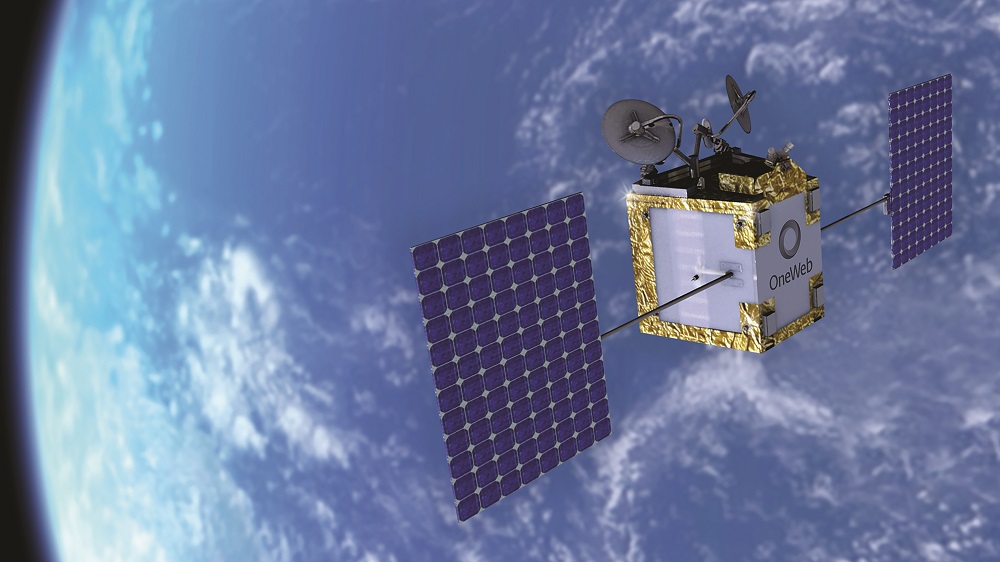TAMPA, Fla. — Eutelsat has decided to hold off deploying significantly upgraded OneWeb broadband satellites to instead focus on adding continuity of service capacity for customers with long-term contracts, the French fleet operator said Feb. 16.
The shift to a progressive approach for improving low Earth orbit satellite capacity and performance shaves off nearly one third of the company’s previous $4 billion budget for a second-generation constellation, Eutelsat CEO Eva Berneke said during an earnings call.
Berneke said the strategy still leaves Eutelsat open to potential public sector funding from programs such as IRIS², Europe’s sovereign broadband project, for financing the development of new technologies that could be added to the constellation.
“But it’s also really to make sure that the timeline works,” she continued, “I mean, it’s very important to us that we keep the continuity of service with our customers in these multi-year contracts and set them up over time, and then bring the new functionality when it’s ready.”
After testing a OneWeb Gen 2 technology demonstrator last year, Eutelsat has been speaking to manufacturers about a constellation of around 300 satellites that could begin deployments as soon as 2025.
Most of the 633 satellites in OneWeb’s current generation were launched between 2020 and 2023, and the constellation has a design life extending to around 2027-2028.
The satellites were built by a Florida-based joint venture with Airbus of France, which recently bought Eutelsat out of the group for an undisclosed sum.
Eutelsat did not detail how many satellites are under its revised strategy.
The operator has previously said a Gen 2 constellation could be smaller than Gen 1 partly because newer satellites would leverage Eutelsat’s geostationary satellites over high-demand areas.
During the Feb. 16 earnings call, Eutelsat chief financial officer Christophe Caudrelier said the company…
Read the full article here

